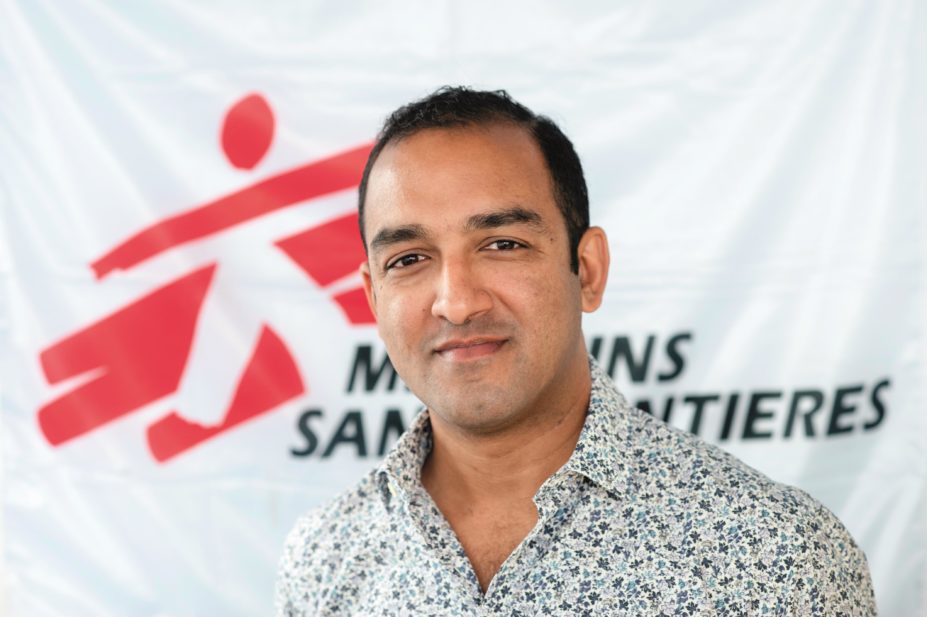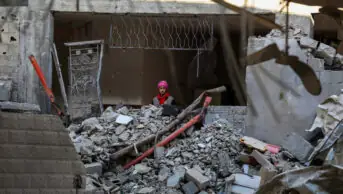
Médecins Sans Frontières (MSF)
The World Health Assembly (WHA), the decision making body of the World Health Organization (WHO), has passed resolution that aims to improve the affordability and accessibility of vaccines — an important issue for low and middle income countries.
The resolution calls for greater transparency around vaccine prices and for WHO member states to explore whether purchasing can be pooled between countries.
During discussions, Latvia voiced concerns, on behalf of the European Union, that publishing vaccine prices may breach confidentiality agreements. Meanwhile Niger, which is currently facing a meningitis outbreak and is unable to afford the most effective vaccine according to Médecins Sans Frontières (MSF), reportedly made a plea for the resolution to be passed.
MSF strongly supports the resolution and highlights that in the poorest countries the price of vaccinating a child is now 86 times more expensive than it was in 2001. “If governments do not take concrete action to address vaccine prices, they will be increasingly forced to make difficult choices about which diseases they can and can’t afford to protect their children against,” says Manica Balasegaram, executive director of MSF’s Access Campaign.
In 2012, the WHA endorsed the Global Vaccine Action Plan, which was developed by a collaboration of immunisation experts and stakeholders, and aims to ensure that vaccination targets are met by 2020. However, progress has been slow.

